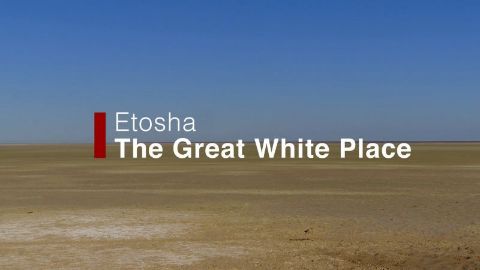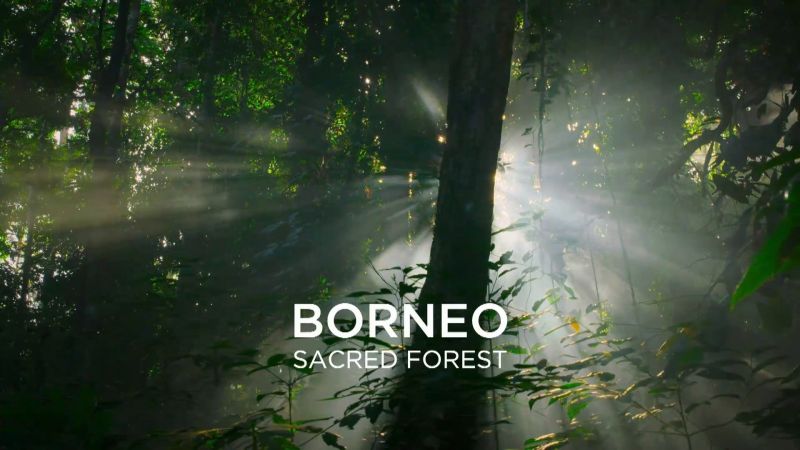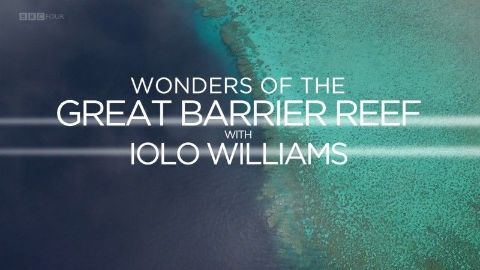The Magical World of Moss • 2023
Mosses have colonised almost every corner of the earth’s surface. Evolving from oceanic algae that emerged onto the land 450 million years ago, these very first terrestrial plants became one of the main sources of oxygen for our evolving planet, helping to transform it from an arid rock into a lush world. This documentary travels to some of the most beautiful moss-covered landscapes in the world, including Japan, Iceland, France and Denmark, to meet the experts investigating its astonishing properties and potential. Science is only beginning to understand the secrets and possibilities of these remarkable plants.
Make a donation
Buy a brother a hot coffee? Or a cold beer?
Hope you're finding these documentaries fascinating and eye-opening. It's just me, working hard behind the scenes to bring you this enriching content.
Running and maintaining a website like this takes time and resources. That's why I'm reaching out to you. If you appreciate what I do and would like to support my efforts, would you consider "buying me a coffee"?
Donation addresses
BTC: bc1q8ldskxh4x9qnddhcrgcun8rtvddeldm2a07r2v
ETH: 0x5CCAAA1afc5c5D814129d99277dDb5A979672116
With your donation through , you can show your appreciation and help me keep this project going. Every contribution, no matter how small, makes a significant impact. It goes directly towards covering server costs.





